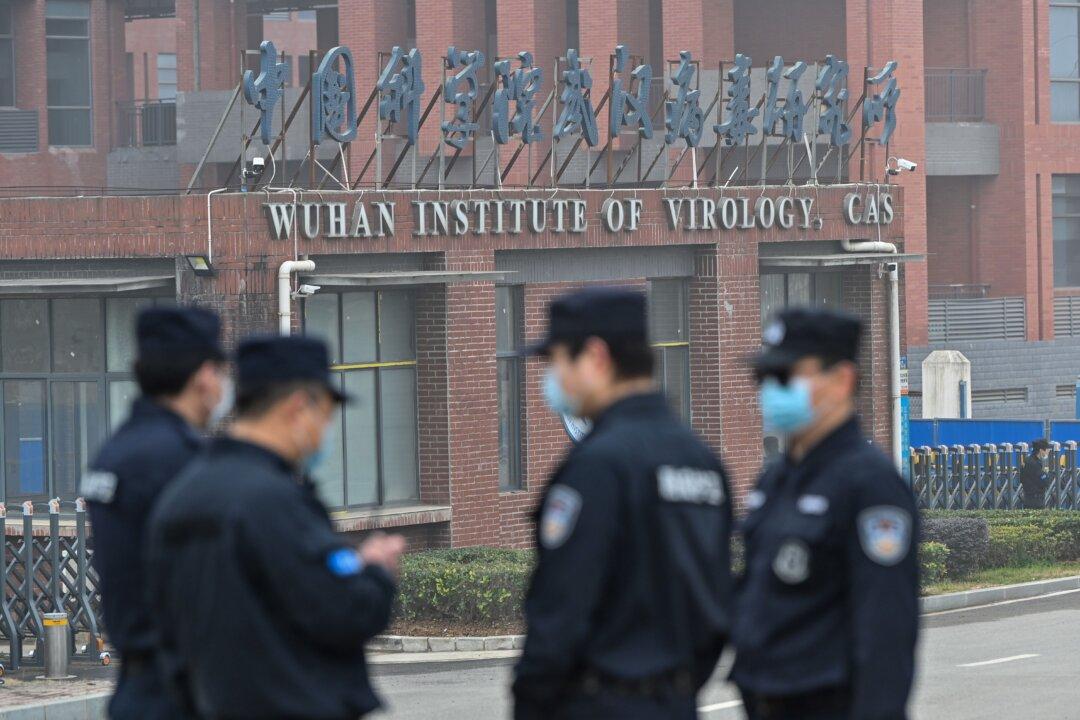A highly anticipated report from the World Health Organization (WHO) on the origins of COVID-19 based on its findings in Wuhan, China, is “likely” to be delayed until next week, a spokesman for the health agency said Tuesday.
WHO spokesman Christian Lindmeier told a United Nations briefing that the final report has been pushed back because it was “simply not ready,” and the team of experts that traveled to China to examine the origins of the CCP (Chinese Communist Party) virus, which causes the disease COVID-19, “want to get it right.”





